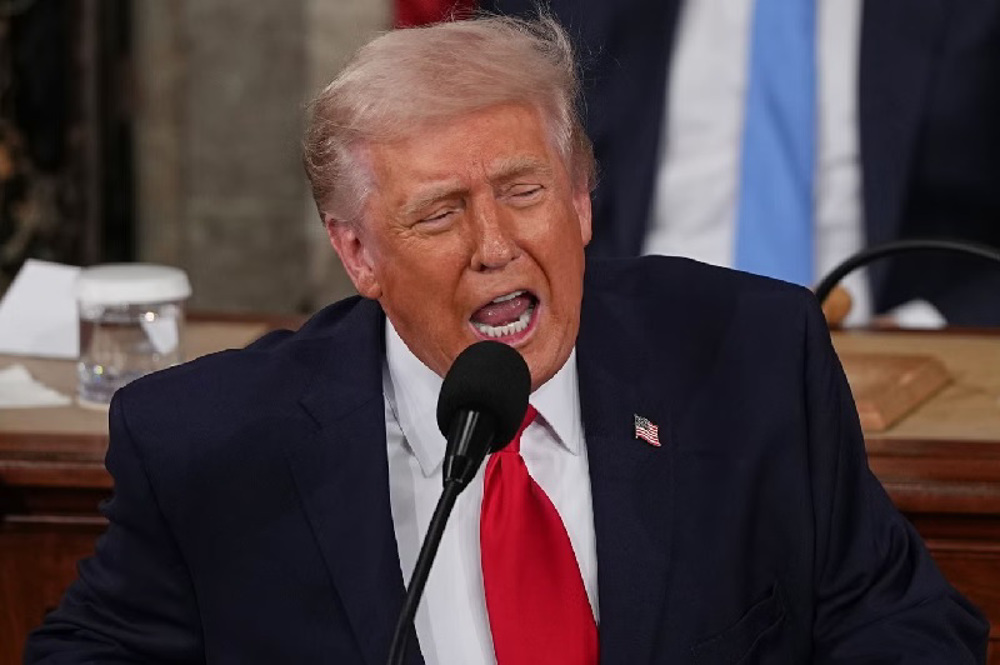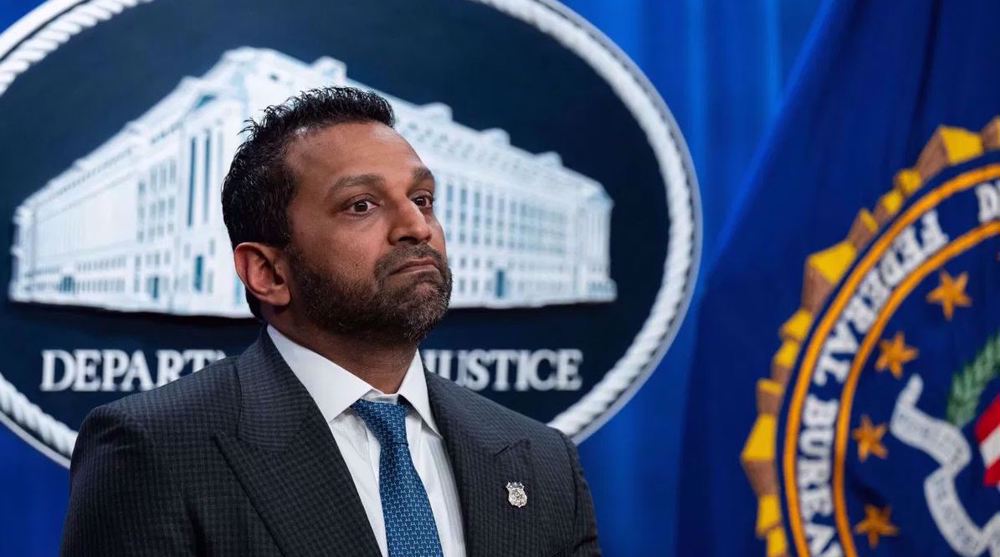US Senate passes NSA surveillance bill
The US Senate approves a bill that will allow resumption of the government’s sweeping surveillance program after some modifications.
US President Barack Obama is expected to sign the USA FREEDOM Act after it was approved by the Senate 67-32 on Tuesday.
After it is passed into law by the US president, the NSA’s spying program would resume but with a number of changes.
The legislation is expected to end the NSA’s collection of telephone calling records in the United States while it preserves some other surveillance authorities.
Although the USA FREEDOM Act would curtail some of NSA’s now-expired powers it gained under the PATRIOT Act in the wake of the September 11 attacks in 2001, it would authorize the agency to still track those potentially deemed as threats.
Collecting the records would then be carried out by telephone companies, which, through court orders, would make specific ones available to the government.
The approval follows two years of controversy on the surveillance powers of the NSA and the Federal Bureau of Investigation.
Republican Majority Leader Mitch McConnell, who had tried to maintain some of the NSA's powers, said the new reforms would make the US an unsafe place.
"Efforts to dismantle our counterterrorism tools are not only inflexible, they are incredibly ill timed," he said, referring to the rise of ISIL terrorists in Iraq and Syria.
Despite calls by the White House, McConnell attempted to weaken the reform through amendments, all three of which were rejected by the Senate.
"It's time for the game-playing to come to an end," White House spokesman Josh Earnest said."We continue to believe that the best course of action, now that the Senate has blown through the deadline that they have been aware of for more than a year and a half, that they should vote to pass the bill in its current form."
The extent of the NSA’s spying activities was revealed by Edward Snowden, a former NSA contractor, who began leaking classified intelligence documents in June 2013.
NT/NT
Iran, US move ‘closer to agreement’ after ‘serious, longest’ round of talks: FM
Israeli army chief privately warns of cost of new war with Iran: Report
IRGC official: US buildup, psychological tactics aim to 'swallow Iran again'
Iran’s three-man team captures triple gold at UWW ranking series in Tirana
Iranian academic sentenced to 4 years in prison in France for supporting Palestine
VIDEO | Press TV's news headlines
Russia: West seeks to repeat past ‘plunder’ of Iran’s oil
Herzog visits Ethiopia to expand Israeli footprint in Africa










 This makes it easy to access the Press TV website
This makes it easy to access the Press TV website